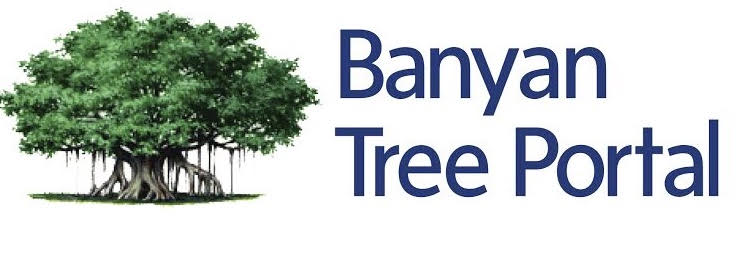- Apps
- Catalog
- Commencement
- Careers
-
Connections
- Alumni
- Alumni Awards
- Alumni Home
- Alumni Career Center
- Alumni Merchandise
- Alumni Awards
- Contact Alumni Office
- Get Involved
- Giving Back
- Keep in Touch
- Library Resources for Alumni
- Transcript Request
- Update Your Contact Information
- Continuing Education
- Circle of Caring Award
- Circle of Caring Nominees
- Culture of Caring
- Courier Program
- Courier Home
- Learn More
- How to Apply
- Service Learning
- Courier History
- Courier Host Sites
- For Former Couriers
- Unbridled Spirit Award
- Acknowledgments
- Contact Us
- FNU Gear Store
- SAGE Network
- Social Media
- Student Connections
- Sigma Theta Tau Chapter
-
Departments
- Academic Advising
- Academic Advising Home
- Curriculum Overview
- Who's Who?
- How do I…?
- Course Registration
- Clinical Outreach and Placement
- Accounting
- Admissions
- I've Been Accepted, Now What?
- Schedule a Meet and Greet
- FNU Catalog
- Versailles Area Information
- Academic Advising
- Academic Calendar
- Advancement Office
- Institutional Data, Effectiveness, & Assessment Services
- Bursar
- Campus Operations Services
- Center for Innovative Teaching and Learning
- Clinical Credentialing
- Clinical Outreach and Placement
- Clinical Outreach Home
- Meet the Team
- Unit Resources
- Identifying a Preceptor
- Cover Letters, Resumes and more
- FAQ
- Facilities and Safety Services
- Financial Aid
- Financial Aid Home
- Announcements
- Contact Financial Aid
- Applying for Financial Aid
- External Scholarships
- Financial Aid FAQ
- Federal Financial Aid
- Financial Aid Literacy
- Frontier Scholarships
- Preferred Lenders List
- VA Applicants and Students
- Information Technology
- IT Home
- Who's Who - IT
- Support
- Technical Support Home
- Speedtest
- Clear Cache
- Canvas
- Remote Support
- Youtube Streaming
- Multi-Factor Authentication Setup
- Training
- Policies & Standards
- Campus Technologies
- Resources
- FNU Transitions to Microsoft
- Microsoft Training
- Marketing/Communications
- Marketing Home
- Meet the Team
- Marketing Request Form
- Resources
- How Do I...?
- Social Media
- News/Blog
- Brochures and Flyers
- Registrar
- Registrar Home
- Course Registration
- Verifications
- FERPA
- FERPA Quick Guide for On-Campus.pdf
- Graduation
- Programs of Study
- Transcript Request
- How Do I…?
- Contact Us
- On-Campus Registrar Services
- Student Services
- Courses
- Events
- Library
- Locations
- Organizations
- Preceptor
- Support

